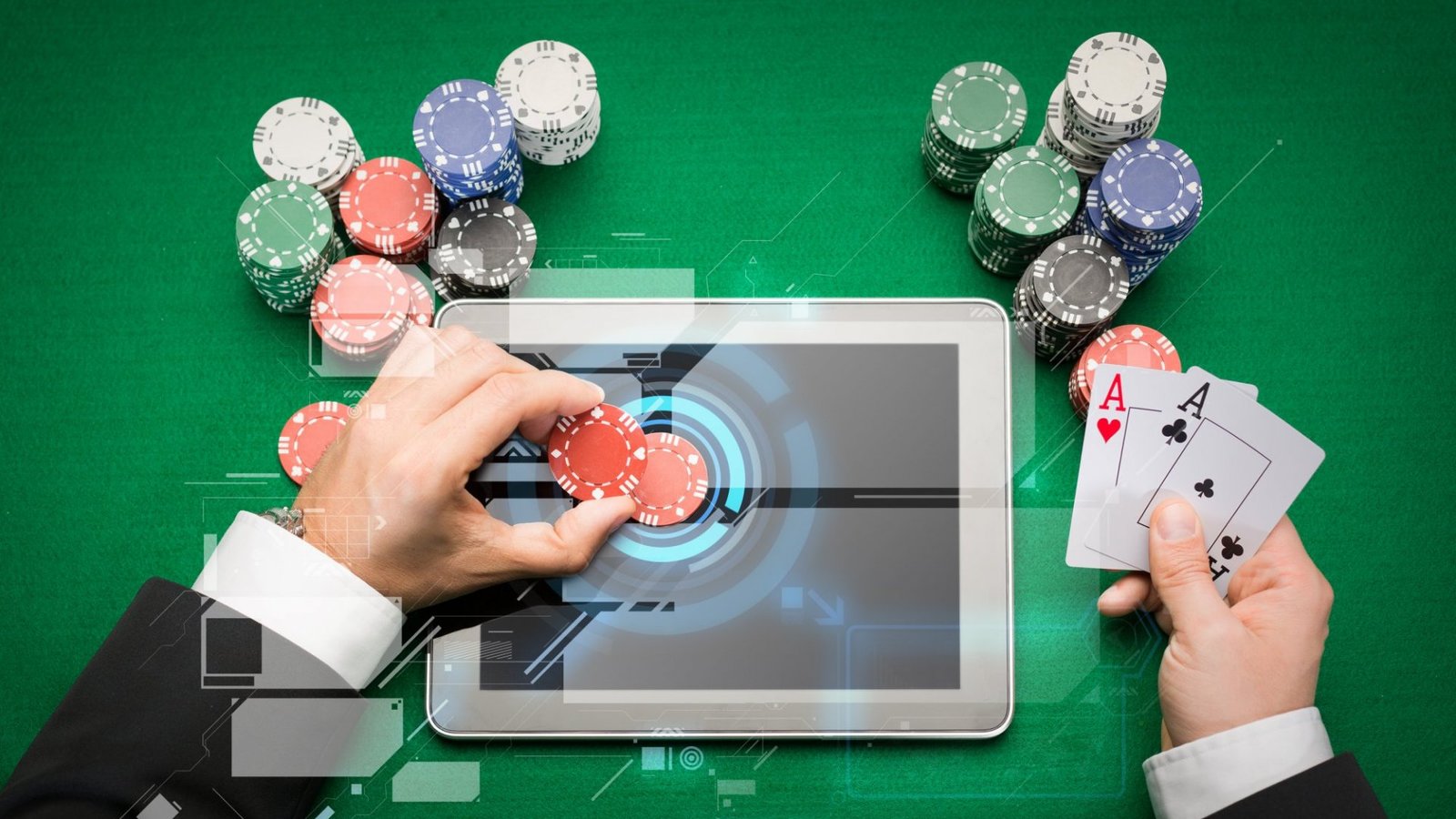Can you learn anything from the body language of someone playing in a casino? There is a great deal players can pick up. At some gambling tables, it is important to understand the body language of players to play successfully. A so-called ‘poker face’ means that a poker player is unreadable.
Non-verbal communication
Body language is non-verbal communication. It includes gestures, body posture, gaze of the eyes, and facial expressions. Through body language that reveals the emotions of a player, it’s possible to interpret a card hand. Leaning forward from a sitting position may indicate a player has a strong hand.
When playing at a real money online casino, reading body language is not so easy unless it’s a game of live poker. Expert players know what signs other than body language to look for when playing poker online. For example, how poker players post blinds shows whether they take the game seriously.
Tells and reads
Table games are games where players will try to discern the intentions of other players while concealing their own. Tells help them to learn more about another player’s hand by interpreting body language. Reads are the skills they use to identify and decipher specific behavior. Poker is as much about psychology as it is about luck or skill. When players smile with confidence, it does not necessarily mean they have a strong hand.
Unconscious tells
Some tells are conscious and others are unconscious. Unconscious tells occur when a player isn’t aware of them. Players may fold their arms and move the cards away from them when they don’t have a strong hand. There’s a strong possibility they will try to bluff if they carry on.
An opponent’s eye movements can speak volumes. This is why many professional poker players wear sunglasses when playing tournaments. When a player likes his cards, there’s a temptation to look at the chips. If players understand facial expressions, they have a better chance of success at poker.
Bluff tactics
While reading tells isn’t an exact science, players may look out for rivals who splash their chips because they are likely to try and intimidate and bluff. Others watch for rivals who make grand gestures to appear confident. Knowing more about a player’s natural behavior outside of the game can help. Comparing this behavior with how they act during a tense game can be revealing.

